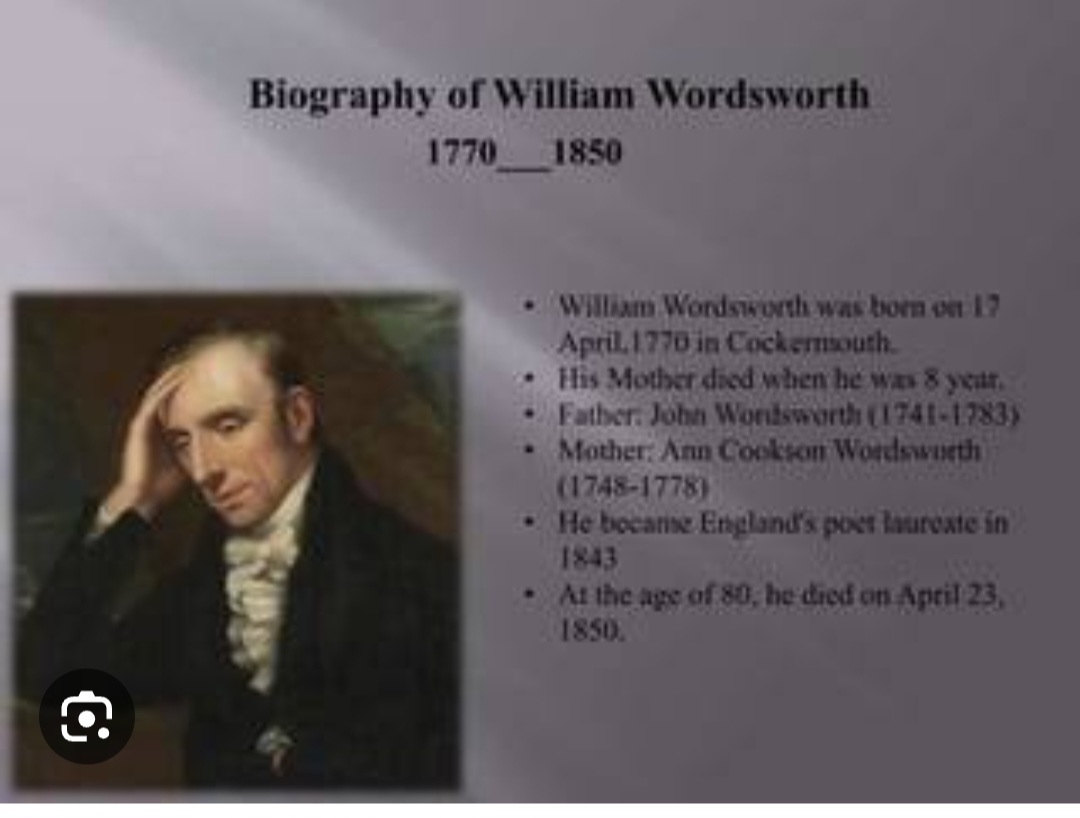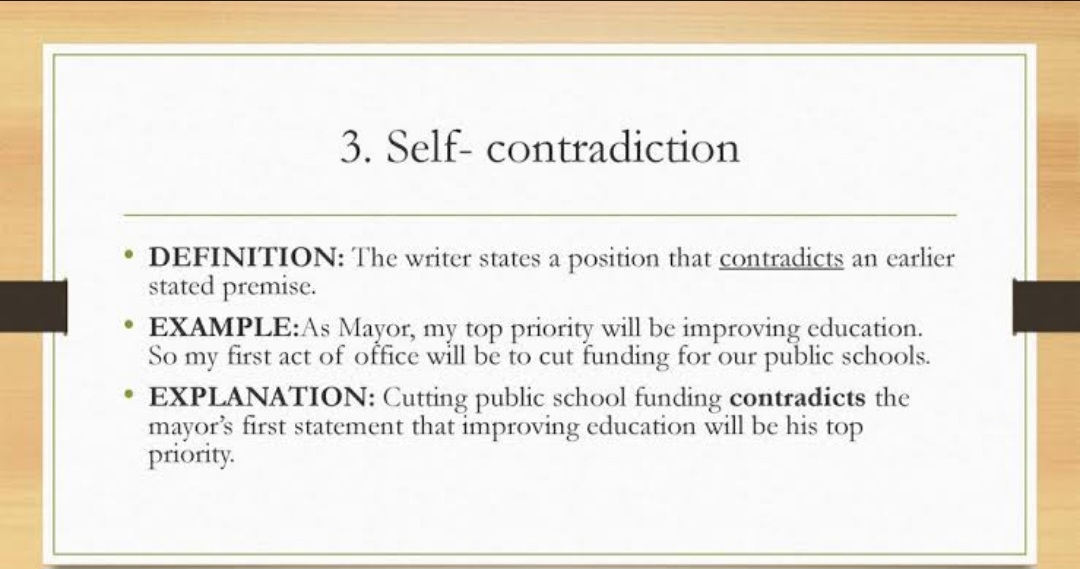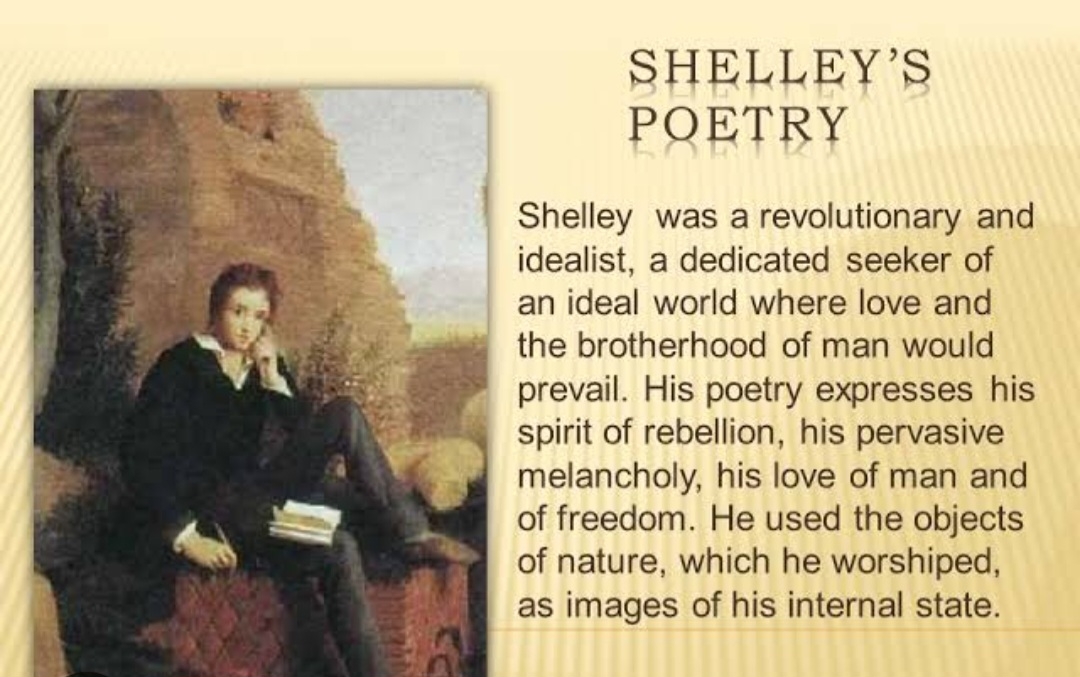Wednesday, September 13 ,2023
DRYDEN 'S ESSAY ON DRAMATIC POESY
I 'm Divya Jadav a student of English literature in MKBU
In this blog I want to like share about the "Dryden essay on Dramatic poesy" in which first I prefer to discuss about the Difference between Aristotle's definition of tragedy and drydon's definition of play.and second about the Dryden as a father of English criticism.
QUESTION :-
1.DIFFERENCE BETWEEN ARISTOTLE'S DEFINITION OF TRAGEDY AND DEFINITION OF DRYDON'S PLAY:-
ANSWER:-
DEFINITION OF TRAGEDY BY ARISTOTLE ?
Aristotle, the ancient Greek philosopher, defined tragedy in his work "Poetics" as a form of drama that arouses emotions of pity and fear in the audience.
He believed that a tragedy should have certain characteristics, including,
Aristotle's definition and analysis of tragedy have had a significant influence on the development of dramatic theory and literature.
Aristotle's Definition of Tragedy:
Aristotle's definition of tragedy, outlined in his work "Poetics," includes several key points:
1) PLOT :-
Aristotle stressed the significance of a well-structured plot in a tragedy.
He introduced the idea of a beginning,
middle, and end, where each part of the plot should be interconnected and contribute to the overall narrative.
The events should be logically and causally linked.
2) HAMARTIA:
A central element of Aristotle's definition is the presence of a tragic hero, a character of noble stature who possesses certain admirable qualities but also a tragic flaw (hamartia).
This flaw leads to the hero's eventual downfall.
The audience should feel both pity for the hero's suffering and fear of a similar fate.
3) CATHARSIS:
Tragedy's primary purpose is to arouse emotions of pity and fear in the audience and then to purge or cleanse these emotions through catharsis.
This emotional purification is believed to have a therapeutic effect on the spectators.
4) PERIPETEIA:
Aristotle emphasized the importance of a reversal of fortune, or peripeteia, in a tragedy.
This is a sudden and dramatic change in the hero's circumstances, usually from a position of strength to one of weakness.
It is a crucial turning point in the plot.
5) UNITY OF ACTION:
Aristotle advocated for the unity of action, meaning that the events of the tragedy should revolve around a single, central plot with a clear cause-and-effect chain.
Any subplot or character should serve to enhance the understanding of the main plot.
WHAT IS THE DEFINITION OF PLAY BY DRYDEN?
An Essay of Dramatic Poesy" by John Dryden.
In this essay, Dryden discusses and defends the principles of playwriting, particularly in the context of English drama.
Dryden used the words 'Just and Lively' image, it means the real life.
"a play ought to be a just and lively image of human nature, representing its passions and humours, for the delight and instruc.
Some important points of Dryden's play:
1.Entertainment:
Play is primarily meant to entertain and amuse the audience or participants.
It is a form of diversion and enjoyment.
2.Imitation of Life:
Dryden believed that play should imitate life and human actions.
It often portrays characters and situations that reflect real-life experiences.
3.Unity of Action:
Plays should have a clear and coherent plot with a well-structured storyline that engages the audience.
4.Engagement of Emotions:
Good plays should evoke emotions in the audience.
They should make people feel and connect with the characters and events.
5.Moral or Didactic Elements:
Dryden also believed that plays could have a moral or didactic purpose.
They could convey important lessons or messages to the audience.
Overall, Dryden's definition of play emphasizes its role in providing entertainment, reflecting life, and potentially conveying moral or educational content.
QUESTION:-
2.JOHN DRYDON AS A FATHER OF ENGLISH CRITICISM:-
ANSWER:-
Introduction to John Dryden's Critical Contributions:
John Dryden (1631-1700) was a prominent English poet, playwright, and critic of the Restoration period.
His critical writings were instrumental in shaping the landscape of English literary criticism.
THE FATHER OF ENGLISH CRITICISM.
John Dryden is often considered one of the fathers of English criticism because of his significant contributions to the development and formalization of literary criticism in the English language during the late 17th century.
Some reasons for this designation includes,
1)Critical Works:
Dryden wrote several critical essays and prefaces that laid the foundation for English literary criticism.
His " Essay of Dramatic Poesy" (1668) and "Of Dramatick Poesie, an Essay" (1667) are notable examples.
2)Poetic Norms:
He played a key role in promoting the use of the heroic couplet as a standard form of English poetry, which influenced subsequent generations of poets.
3) clarity and structure:
Dryden emphasized the importance of clarity and structure in writing, advocating for clear language and adherence to classical rules in poetry and drama.
4.Translating Classics:
4) Translating classsics:
Dryden's translations of classical works, such as Virgil's "Aeneid" and Ovid's "Metamorphoses," demonstrated his mastery of both poetic and critical skills, contributing to the understanding and appreciation of these classics in English literature.
While Dryden may not be the sole "father" of English criticism, his works and influence certainly played a significant role in shaping the early landscape of literary criticism in the English-speaking world.
Thank you for visiting....🙂🦋
Happy learning 🌷🍀
• Reference or work cited:-
Chatgpt





































